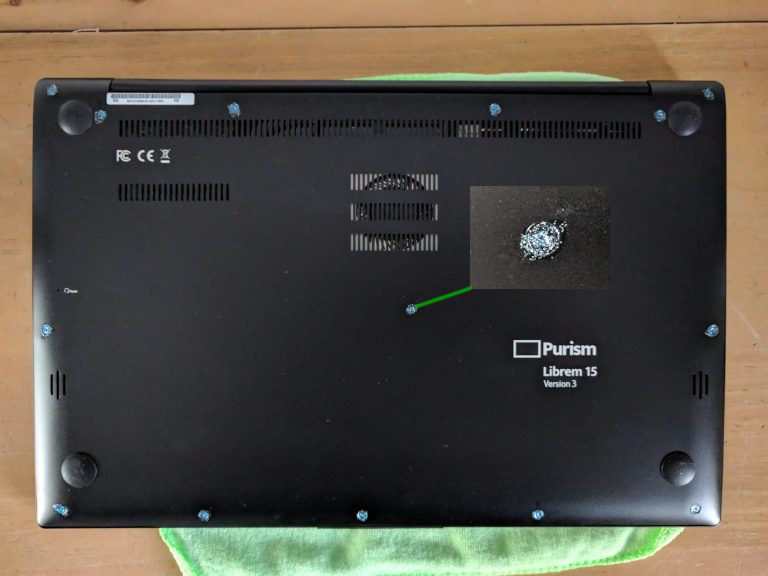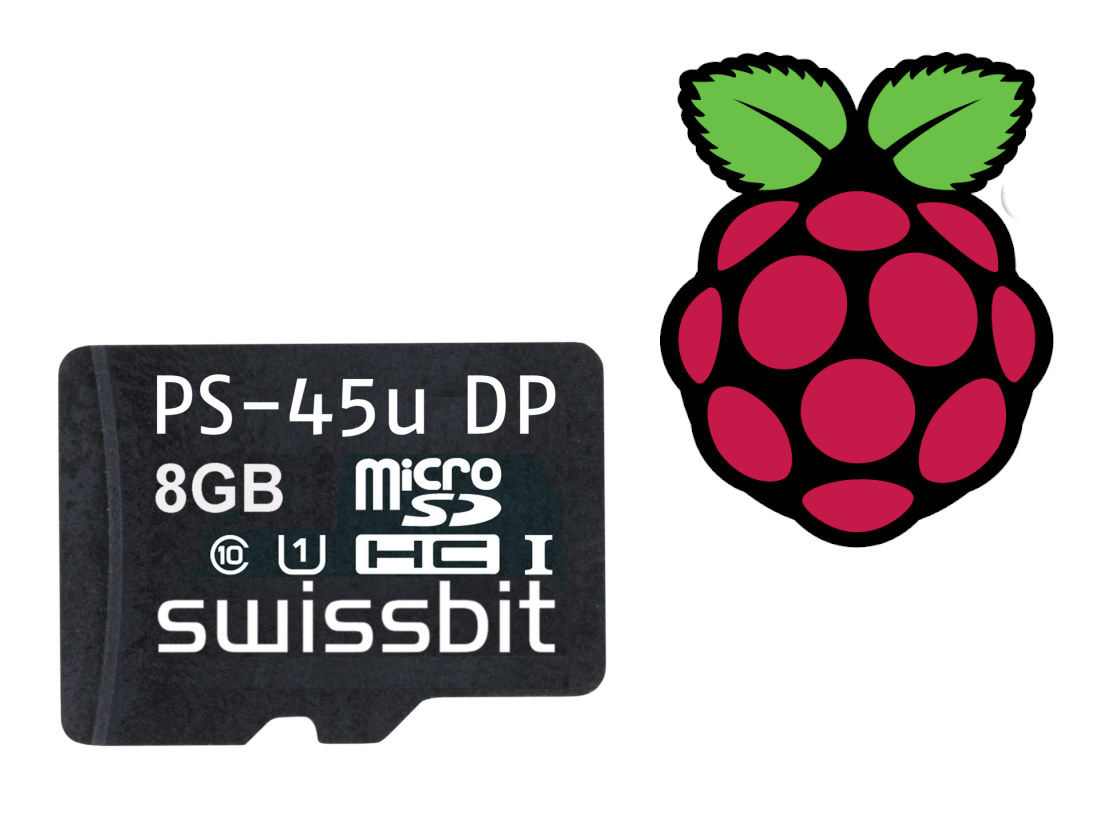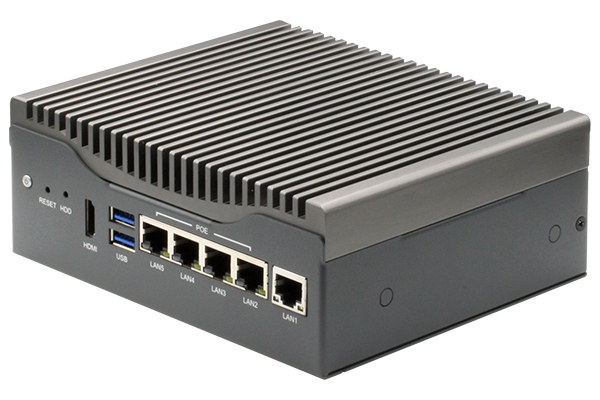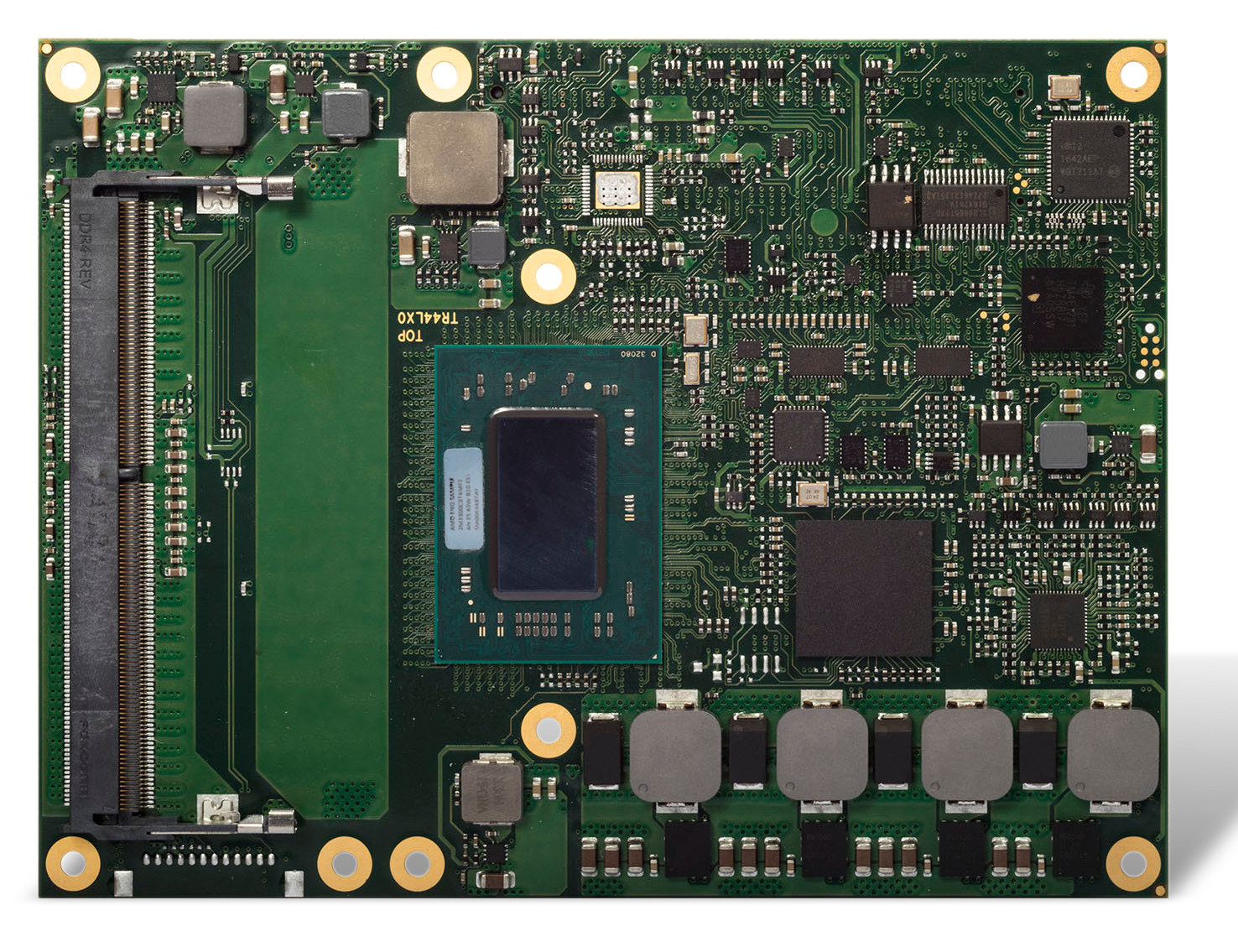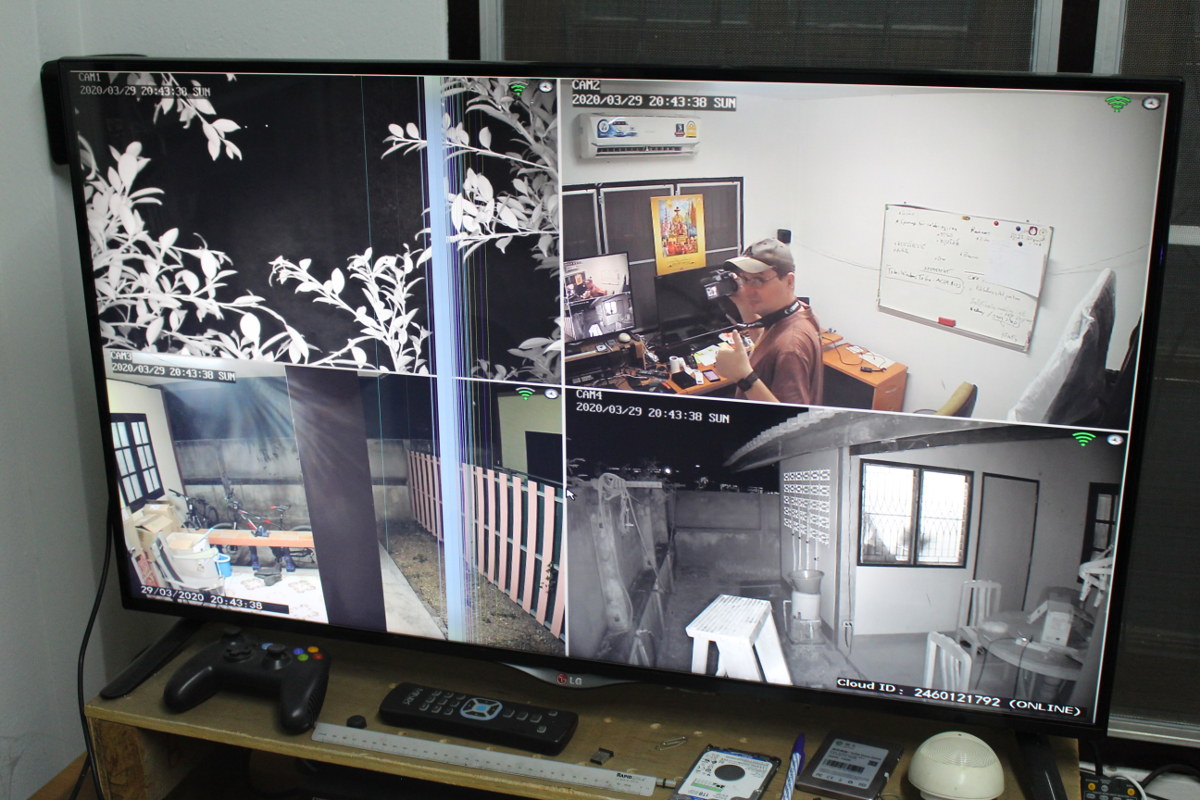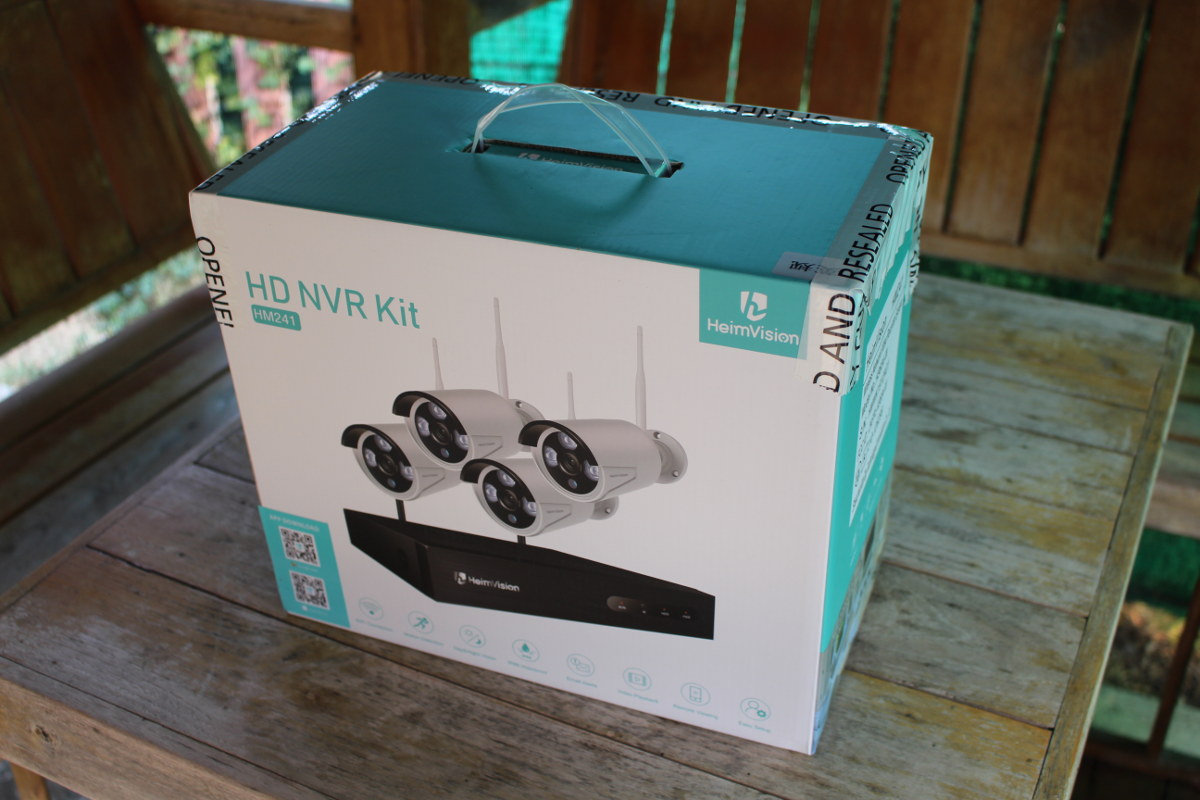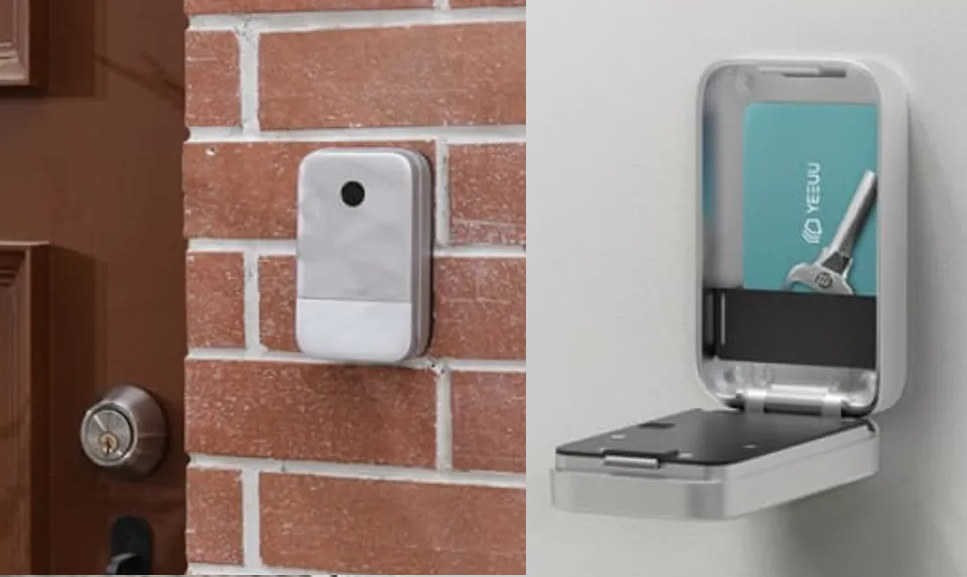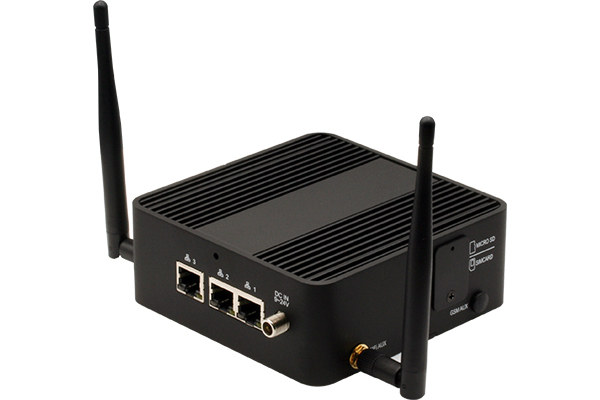A few years ago, we learned the NSA may intercept networking gear during shipping in order to modify it to provide backdoor access to the hardware, and it’s likely other national security agencies around the world also modify hardware on transit for spying purposes. I’d think most people would not really care, and only high-profile business and governmental targets may take preventive measures, but according to a recent post from Purism, their Anti-interdiction services are fairly popular among their customers. Wait… What? What is “anti-interdiction”. The only definition I know of is: “the action of prohibiting or forbidding something”. But it turns out there’s another definition that applies here: the action of intercepting and preventing the movement of a prohibited commodity or person. Purism laptops are not exactly prohibited, but you get the point, and the anti-interdiction services are meant, not to prevent, but detect interdiction of laptops or other […]
Swissbit Secure Boot for Raspberry Pi Relies on MicroSD Card and optional USB Stick
Swissbit secure boot solution for Raspberry Pi consists of an 8GB or 32GB “PS-45u DP” Micro SD card pre-loaded with their secure firmware, and offering the following key features: Security policies with flexible and configurable authentication Access protection with configurable retry counter Protects Raspberry Pi boot loader Encrypts user and boot code to protect license, know-how, and IP The boot image can be set read-only to prevent unauthorized modification Restricting the access to data on the card by various configurable security policies: PIN or USB or NET policy Use 8GB PU-50n DP USB stick as 2nd authentication for secure boot Works with Raspberry Pi 2 and 3B+ (I suppose Raspberry Pi 4 support should come soon enough) Note that we previously wrote about an open-source Raspberry Pi 4 UEFI+ACPI firmware to make the board SBBR-compliant and support features such as UEFI secure boot, but Swissbit secure boot is completely unrelated […]
AI Network Video Recorder Combines Intel Atom X5 E3940 SoC, Two Myriad X VPUs, and Five Ethernet Ports
AAEON seems to launch a new “AI Embedded Box PC” monthly either equipped with an NVIDIA Jetson module or a solution combining an Intel processor and a Myriad X VPU card. Here’s another one with AAEON VPC-3350AI AI edge computer powered by an Intel Atom X5 E3940 Apollo Lake processor, as well as two Myriad X VPUs for AI acceleration, and equipped with five Ethernet ports – four of which supporting PoE – to get video data from IP cameras or other networked video sources that makes it especially suitable as an AI network video recorder. VPC-3350AI specifications: SoC – Intel Atom X5-E3940 quad-core Apollo Lake processor @ 1.6 GHz / 1.8 GHz with 2 MB cache, 12 EU Intel UHD graphics; 9.5W TDP; Option for Celeron N4200/N3350 and X5-E3950) System Memory – Up to 8GB, DDR3L via 204-pin SODIMM socket Storage – 1x SATA port for 2.5″ drives AI […]
Congatec conga-TR4 COM Express Module is Powered by AMD Ryzen Embedded SoC
We’ve covered plenty of AMD Ryzen Embedded V1000-series SBCs, and some Ryzen Embedded mini PCs, but so far, we had not written about any AMD Ryzen Embedded V1000 or R1000 system-on-module (SoM) or computer-on-module (CoM), partially because there aren’t many yet, and because we missed Advantech SOM-5871 CPU module earlier this year. But there’s now another option courtesy of Congatec with conga-TR4 AMD Ryzen Embedded COM Express module with consumer or industrial temperature range, and a choice of seven different processors. conga-TR4 COM Express module specifications: SoC (one or the other) AMD Ryzen V1807B quad-core processor @ up to 3.35 GHz with 2MB L2 cache, Vega 11 graphics; 35-54W TDP AMD Ryzen V1756B quad-core processor @ up to 3.25 GHz with 2MB L2 cache, Vega 8 graphics; 35-54W TDP AMD Ryzen V1605B quad-core processor @ 2.0 GHz with 2MB L2 cache, Vega 8 graphics; 12-25W TDP AMD Ryzen V1202B dual-core […]
HeimVision HM241 NVR Review – Part 2: Installation Tips, Video Interface, Android App
A coupled of weeks ago, I received HeimVision HM241 HD NVR kit, and in the first part of the review, I showed the content of the kit, installed an internal 3.5″ hard drive, and did a teardown of both the NVR and one camera. I’ve now had time to test the device for about two weeks. I have plans to install it permanently in another location, but for testing, I temporarily installed the camera for testing in several strategic locations: 3 outdoors, one indoors. Back inside, I connected the NVR device (black box below) to an Ethernet switch for Internet connectivity, a 4K TV to access the user interface, a USB mouse, and the power supply. First Boot and Configuration I was quite surprised during the first boot as I did not have to set up anything and the cameras were automatically detected. The first screen shows QR code for […]
HeimVision HM241 HD NVR Kit Review – Part 1: Unboxing, Teardown and HDD Installation
I’ve reviewed a few solar-powered security cameras in the last year, and from time to time, I’m being asked to review more from time to time, but I asked for a change, and instead, I wanted to look into security network video recorders (NVR). HeimVision offered this opportunity with its HM241 HD NVR Kit which they also call a “wireless security camera system”, and comes with 4 Full HD security cameras besides the NVR itself. In the first part of the review, I’ll check out the hardware, and take the opportunity to install a 3.5″ hard drive, before doing a proper installation, and report my experience about the software in one or two extra articles. HM241 HD NVR Kit Unboxing People working at customs seem to be fond of larger packages, checked it out in details hence the “Opened and Releases” sticker on the package, and I had to pay […]
K1 Smart Lock Box Secures Door Keys with Fingerprint, Mobile App, or Passcode (Crowdfunding)
We’ve previously reported about smart dock look solutions such as Xiaomi Sherlock M1 which allows you to provide access control without keys using your smartphone instead. Security concerns aside, one disadvantage of the Xiaomi smart lock is that it is only compatible with some doors, and can be complicated to install. YEEUU TECH has found a way that works with all doors with K1 smart lock box, a simple rugged box used to store physical keys, and that can be opened with a smartphone app, fingerprints, or a passcode. K1 smart lock box features and specifications: Bluetooth connectivity Permanent or temporary passcode unlock via backlit keypad; up to 100 passwords Permanent or temporary fingerprint unlock (optional); up to 50 fingerprints Remote control and instant share Time window support In-app management, access logs USB – 1x USB Type-C port for emergency power to open the box when batteries are dead Security […]
FWS-2275 3 LAN Ports Rugged Network Appliance is Designed for Secure Industrial IoT Networks
AAEON FWS-2275 is a rugged network appliance powered by an Intel Celeron N3350 processor and equipped with 3 LAN ports to bring vital functions and security to industrial networks. Specifically, the device is designed for network solutions such as UTM (Unified Threat Management) systems, firewalls, and SD-WAN (Software-defined WAN) appliances. FWS-2275 specifications: SoC – Intel Celeron N3350 dual-core Apollo Lake processor @ 1.10 / 2.40 GHz with Intel HD graphics, built-in Intel AES-NI; 6W TDP System Memory – 2GB LPDDR4 (soldered) Storage – 16GB eMMC flash (32GB optional) Video Output – Optional HDMI connector Networking 3x Gigabit Ethernet ports (1x WAN + 2x LAN) via Intel i211 Optional WiFi or 4G LTE via mini Card (see expansion section) USB – 2x USB 3.2 Gen 1 ports; 1x micro USB port for console Serial – 1x RS-232/422/485 Expansion Full-size mini PCIe slot with SIM Socket 8-pin external header with 4x digital […]


